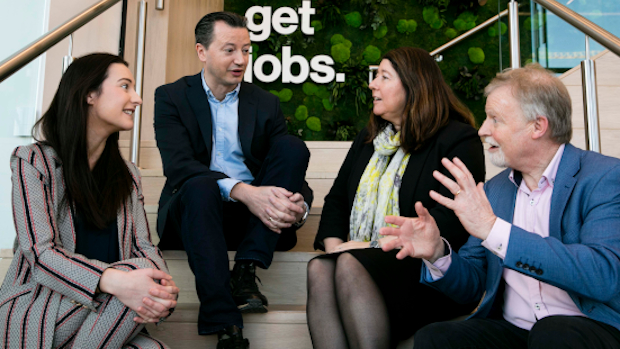
Indeed and DCU launch neurodiversity toolkit for more inclusive hiring practices
Indeed and Dublin City University (DCU) have launched a neurodiversity toolkit to help companies to become more inclusive in hiring.
Neurodiversity refers to the range of differences in individuals’ brain function and behavioural traits. It includes autism, ADHD, Asperger’s syndrome, dyslexia and dyspraxia. It posits that an inclusive and optimal work environment should recognise and respect neurodiversity akin to any other difference in the workplace.
The Hiring Managers’ Toolkit for Neurodiversity provides practical advice for both hiring managers and HR teams. It adds that a neurodiverse workplace will reap the rewards of higher productivity, more creativity and better retention rates.
To support this, it illustrates that some neurological conditions can enhance the employee’s performance in certain areas. People with dyslexia, for example, often possess enhanced global visual-spatial abilities which can be advantageous in jobs requiring three-dimensional thinking such as molecular biology, engineering, and computer graphics.
Further, it suggests several ways for a company to achieve a more inclusive hiring practice. It says that companies should emphasise their support for equity and inclusiveness on their websites and job descriptions.
Before interviewing an applicant, the toolkit suggests that an employer should consider how ‘sociable’ the role will be. If sociability is not essential to the job, then it should not be used as a judgement criterion. The employer should also ask a candidate if they would prefer to sit or walk around during an interview.
“No matter how much time and resources you devote to recruitment, if your organisation lacks a culture of inclusion and diversity, and crucially a sense of belonging, that open door will become a revolving one,” said LaFawn Davis, vice president of diversity, inclusion & belonging, Indeed.
“People need to feel that they belong in a workplace, from the moment they apply for a job there, it’s the natural next step to having an inclusive team. A strong sense of belonging allows employees to present their authentic selves, spend less energy trying to hide their differences and more time celebrating them. A happier, more effective team is going to deliver a better result for the organisation at large.”
TechCentral Reporters







Subscribers 0
Fans 0
Followers 0
Followers